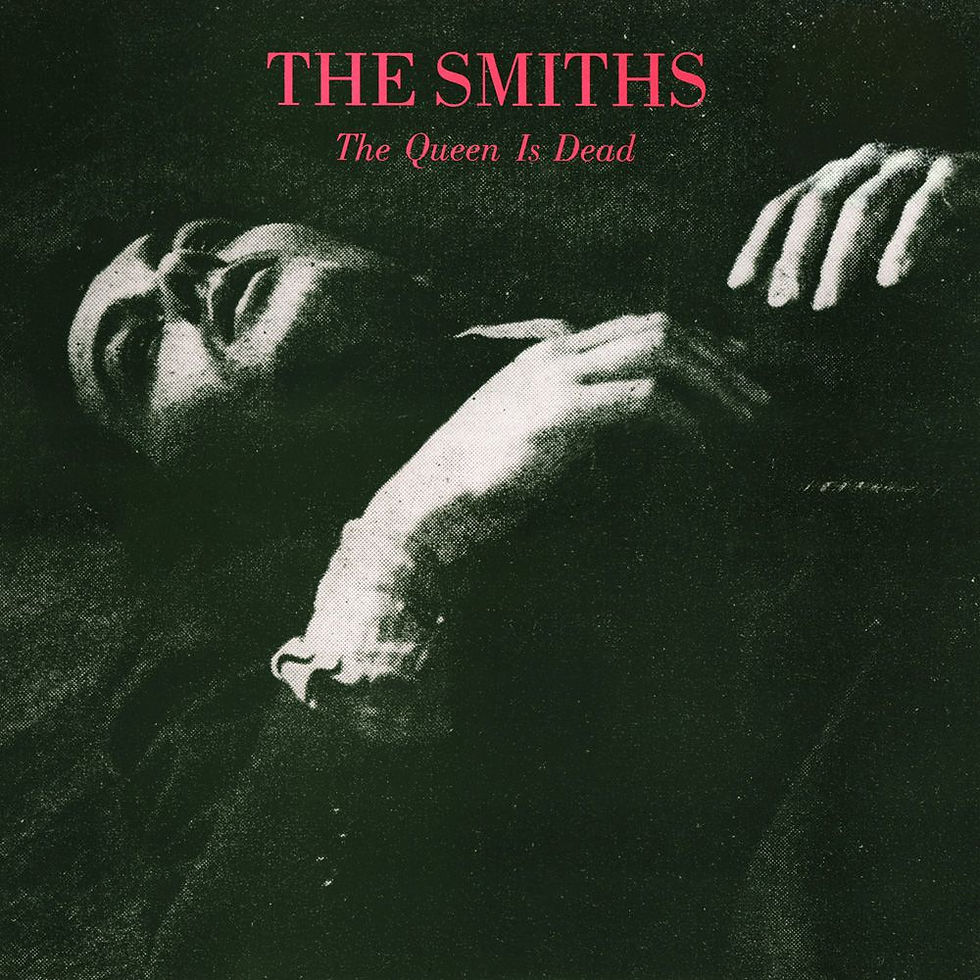Finally: the Doctor on the EU (20 June 2016)
- floyd132
- Sep 7, 2022
- 5 min read
The good doctor has been quiet – conspicuously so, some might say – on matters European but with time rapidly running out necessity demands a quite précis of the position held by your lovin’ uncle Bert.
Now, when it comes to foreigners I’m as sceptical as the next man, as long as the next man isn’t Nigel Farage or Jean-Claude Juncker, but of one thing I am certain: nationalism has never made anything better. It is apposite that we are having this debate against the backdrop of a football tournament that simultaneously demonstrates the good and the bad that nationalism can offer: a sense of belonging and community in uncomfortable juxtaposition with a sense of aggressive chauvinism.
Nationalism perpetuates myth and is the seed bed of demagoguery and reactionary populism. Nowhere is this more evident than Trump and his hubristic assertion that he is the only one who can ‘make America great again’ but it is also implicit in the rhetoric of the leave campaign and even, somehow, in the RemaIN camp. But none of this changes the simple fact that nationalism is regressive, unpredictable, divisive and dangerous. The rise of nationalism in the UK and on the continent is rightly to be feared and the reasons for it are complex and beyond the reach of this article but should not lain entirely at the door of the EU. Rather, it is to the EU’s credit that the lid has been kept on nationalism for so long and it is a measure of the UK’s proclivity towards retrospection, nostalgia and a lost sense of purpose that we cling to our nationalism so pathetically. Sometimes we would do well to remember that the Great bit of GB refers to size and we have not and never had had a divine right to punch above our weight. The fact that we did so for so long was anomalous and the redressing of the balance, ongoing since the two global conflicts of the C20, was as overdue as it has proved psychologically indigestible.
What is no less important is the simple fact that the problems most pressing now have no respect for national borders and so cannot be met on a state by state basis. The obvious ones we all know about: climate, water shortages and refugee crises for starters. Religious fundamentalism is more tricky as in many instances the actions of religious zealots are themselves reactions to nationalist policy but there can be little doubt that the long awaited clash-of-civilisations is underway and again, that can best be solved by coordinated action.
But perhaps the biggest threat to our autonomy and society today comes not from without but from within. Capitalism is a wonderful way to generate economic growth but it is surely becoming increasingly evident that the use of economic benefit to measure general utility is manifestly flawed. For big business, the bottom line is, er, the bottom line and affectations to social responsibility and the like are disingenuous at best and outright lies at worst. A company is legally obliged to prioritise shareholder value above all other; this is neither good nor bad, it is just how it is and moaning about it is like criticising the rain for falling downwards and being wet. Capitalism is a tool but we forget that when we behold neo-liberalism as a coherent political policy in general rather than an exclusively economic policy.
The doctor is of the opinion that to meet the challenges of the coming years, be they managing capitalism, dealing with the inevitable environmental challenges or trying to defuck the legacy of years of cold war and colonialism, we are better served as a smaller part of a larger whole.
Which brings us to the simple observation that as collective action is a good thing, and nationalism is a bad thing, our future is best served working in tandem with our European brothers. I’m not even going to bother going into the economy in detail, but what it is worth the numbers can be made to swing both ways so at worst the arguments cancel each other out. For my money, the idea that we would be economically stronger outside Europe is as mad as saying that an individual flanker is stronger than a rolling mall. Our economy is medium sized, fairly mature and highly specialised and as such better suited to working as part of a larger organisation or block. We could extricate ourselves and go out as independent traders (the Trotters of International Trade?) but while negotiating with China, India, Brazil, the USA, Liberia and EU would be top of our agenda, it would not the top of anyone else’s and so any negotiations will take a long time, be very hard and involve a great deal of uncertainty. And unless they are addicted to bombs, Bromptons or Bentleys (yes, I know it’s owned by VAG) we are not negotiating from a position of strength. And we all know how much economies like long term uncertainty.
So, does it follow that the Doctor wishes to remain in the EU?
Well, here is the thing. I just don’t know. The current model of European collective effort is a shambles. It's a travesty of a mockery of a shambles of a mockery of a travesty of two mockeries of a shambles. It’s so bad that the left can call it a tool of capitalist oppression and the right can call it a hammer to crush entrepreneurship and individual dynamism. Now that is going some. Is it one? If it is one can it not be the other? What is evident is that the EU as it stands is a fustercluck of graft, self-interest and inefficiency and that as a result, though I believe firmly that pan-Europeanism is a good thing (it should be the first step towards the Star Trek utopia required to get us off this planet before the sun explodes), I am less convinced that the EU is fit for purpose.
But it does not end there. If we accept that the institutions of pan-Europeanism can and must be improved, the question necessarily follows of how that might be done. And this is where the choice comes in. Is the best way to improve the European vehicle to remain within it and attempt a fix from within or to leave it and then see what happens? If we leave, two things will follow: either the EU will collapse or it won’t. If it collapses, then great and we can start again with a blank page. If it doesn’t then we run the risk of being locked out of the system for anywhere between the short term and the foreseeable future.
And this, fundamentally, is the question we have to try to answer but it is not a question that is being asked with any purpose or rigour. Questions of sovereignty are moot at best and ridiculous at worst: our current government is not fit to be sovereign of anything much less a country but no one seems too put out about that. It is powerless to resist the siren call of capitalism and one of the reasons many want to leave it is to unwind EU regulation that is designed to make life for all safer and healthier. If we want to take back control of our sovereignty we really should not be about to surrender it to big business!
But I am ranting. What it comes down to is this: next Thursday I shall be voting to remain as I unequivocally support pan-Europeanism and because I believe that it is better to repair the EU from within than to leave it adrift. We need Europe and Europe needs us. We should not let nostalgia or nationalism blind us to the obvious. And I shall leave to another day the shocking dereliction of duty of which our elected representatives are guilty. This is why we vote and this is why the state exists and the failure of our MPs to do their bloody jobs – to make the difficult decisions that are too important to be reduced to base populism – is unforgivable. Damn the lot of them; damn them all.


.png)



Comments